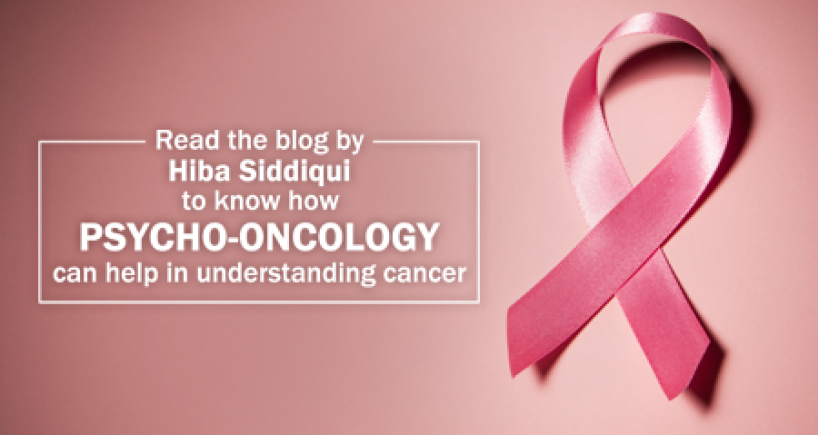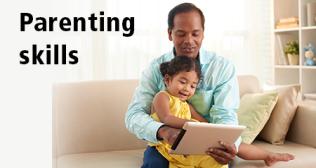
Understanding Cancer Experience Through Psycho-Oncology

I once read somewhere that cancer never happens to an individual, it happens to a family. There is a risk for greater burden, both for individuals diagnosed with cancer and their families. According to the International Agency Research on Cancer (2012), it is expected to affect 21.7 million people globally over the next decade. These growing prevalence rates have been linked to lifestyle changes, increased stressors and reduced social support.
Experience of Cancer
Being diagnosed with an illness like cancer can be a devastating experience for both the patients as well as their families. There are lots of emotional changes and upheavals that individuals go through from the time of diagnosis through the treatment processes.
In the initial stages of diagnosis, a swarm of thoughts crowds our mind: "Why me?" "I've never had any serious health issues before, how can I have cancer?" "I've never committed a sin, why am I being punished?" "I don't want to die!” These are serious questions with no easy answers. Both patients and caregivers have to cope with a lot of psychological distress.
Extending the impact of the diagnosis to the caregiver, the intensity and burden of the initial fears, concerns, worries and psychological trauma associated with the illness can take a toll on their well-being. Such distress, if ignored or prolonged can result in what is known as ‘caregiver burden’.
Living with Cancer
The condition of cancer is often times described by patients as an unwanted guest who has entered your body without your permission, and now refuses to go away. Some patients diagnosed with cancer find the life altering experience challenging. While some find it easy to accept and adapt to this unanticipated condition, others may find it difficult to comprehend why this has happened to them.
Not only this, cancer can impact various aspects of an individual including interpersonal relationships, self-esteem, career and lifestyle. However the silver lining in this cloud of cancer is that families come together in support of each other in these difficult times. It fosters support from friends and families, opens channels of communication between them, building greater trust and resilience.
The thought about cancer often brings associations with death and dying. Ironically, living with cancer does not always imply the end of life. It has often been seen how patients are able to go through their treatment smoothly and continue to lead fulfilling lives thereafter. Psychological interventions with patients and their families can also involve working on their strengths and existing coping skills. Therefore, it is possible for people to lead normal, uninterrupted life, follow their delete routines and overcome the overall stigma associated with cancer.
Role of Psycho-oncology
Psycho-oncology, belongs to the field of health psychology, It combines psychology with cancer care. What cannot be overlooked is that cancer as an illness does not only effect one's body, but also impacts mental well-being. Psycho-oncology provides specialized interventions from the time of diagnosis through treatment focusing on psycho-social aspects of patients and caregivers along with compliance building, supportive and grief counselling, dealing with loss, coping strategies, resilience building, pre- and post- operative counselling and lifestyle changes.
The need for psycho-oncology is undeniable, especially in addressing the psychological responses to cancer, such as the initial trauma, denial, anxiety, depression, fear, anger, and other manifestations during the varied stages of cancer treatment. Given the extent of stigmatization of cancer in our country, there is a dire need to address risk factors, negative attitudes and perceptions which shape the attitudes of individuals towards cancer. Such an approach shall ensure potential implications in the direction of quality of life and well-being in cancer care.



















